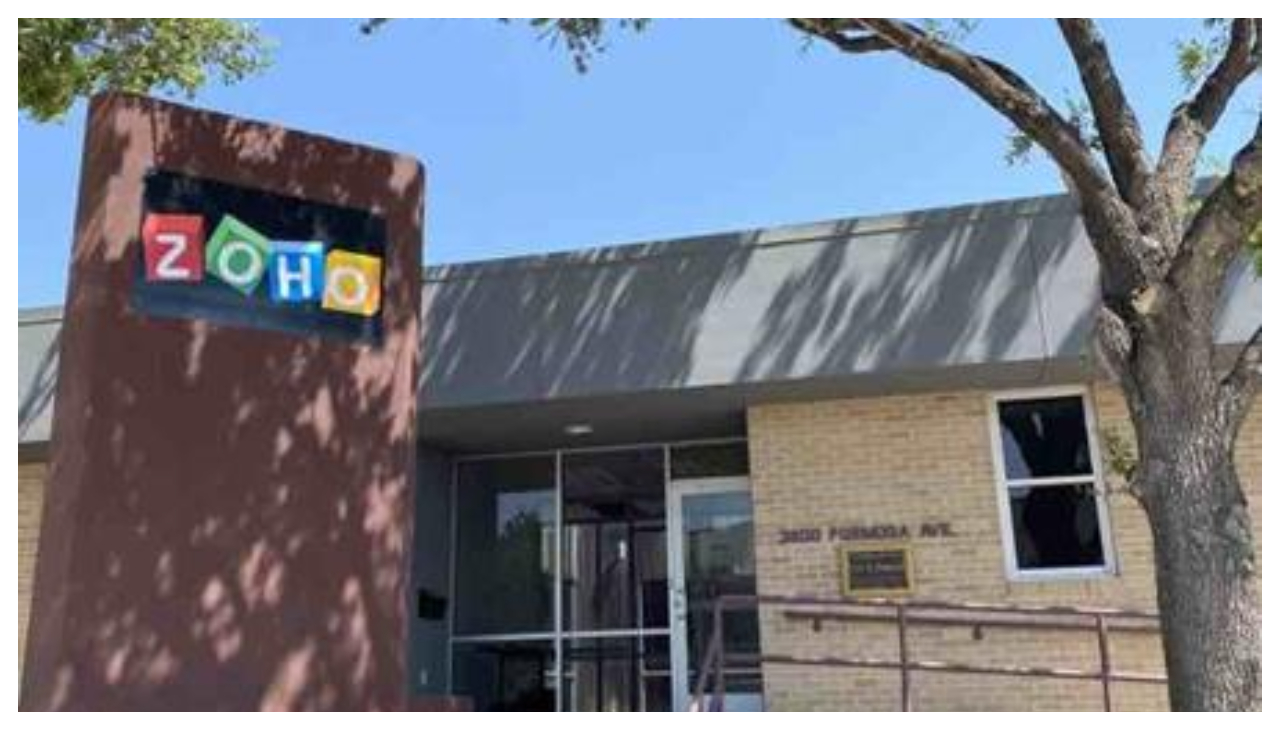
How international businesses can become local
As the Zoho corporation has expanded internationally, they have taken a distinctly local approach to hiring staff.
Traditional logic has dictated that whenever a company needs employees, those employees must relocate to work beside the company, uprooting families, friends, and communities as they search for a better life. But that doesn’t mean it is always the best option.
Veronica Yunes is a Senior Public Relations Specialist for Zoho, a web-based office suite including word processors and database tools, and works at one of their offices in McAllen, Texas. She, her husband, and her two children moved there from San Antonio so her children could be closer to their grandparents and to escape the congestion of the city.
Like many other Hispanics, her extended family plays an important role, so the farther away she and her children were from her parents and her husband’s family, the greater the disconnect.
It was there in McAllen where Yunes began working for Zoho. But at the time of her employment with Zoho, which was Jan. 2022, the company had no offices inside McAllen. Rather than force Yunes to uproot her family and move away from her parents, in April of the same year Zoho opened an office in McAllen.
The reason why they prioritized Yunes’ family and community is a part of their international business strategy, known as transnational localism.
Working Local to Be Continental
Tejas Gadhia, Zoho project manager with over a decade of experience with the company, recently spoke with AL DÍA about transnational localism and Zoho’s application of the practice.
“We cater to a global market with the software that we make,” Gadhia said. “So in order to do that, you have to be very local to the market, because every region – let’s say South America, parts of the U.S., Mexico, Canada, Europe, Africa – every single one has its own local nuances in terms of marketing approach, sales approach, even product approach.
“So we have to have a very localized presence in each one of these places,” he explained.
Factors for choosing a town to recruit employees range from proper healthcare resources that employees rely upon to strong education pipelines that ensure skilled workers are present in the area. Cost of living is another key issue, as the more expensive it is to live in an area the more an employer would have to pay to keep talent nearby.
“The problem is, most people want to live in a tier one city, like San Francisco, LA, New York,” Gadhia began.
“Tier one” refers to a real estate system used to determine how developed the real estate market is, with tier one cities standing as both the most developed and the most expensive.
RELATED CONTENT
“Those cities are getting increasingly unaffordable for a lot of people… at a certain point, the business has to make enough money to pay these people. As we’ve seen with the market downturn, a lot of these companies are laying people off because they were paying the high cost of living in these areas, but they can’t anymore,” Gadhia explained.
“That’s where we see transnational localism work. You find a smaller city, you invest in it. It’s like getting in on the ground level,” Gadhia said.
Presently, South Texas is considered a tier two area with room for development, their office there acting as the center for Zoho’s operations across North America, with McAllen as one of the many offices nearby to the hub office.
When one or multiple potential employees are from the same area, rather than relocate them, Zoho takes advantage of the still growing real estate market to set up an office near them, spreading across small towns only a short trip away from the main office.
A Look To the Future
While the long term benefits are clear for companies that intend to grow with the communities they insert themselves into, many international companies don’t reinvest in the areas that supply the talent their companies rely upon.
“I would say the cutthroat reason people don’t adopt it is because it doesn’t increase the bottom line in the short term,” Gadhia said. “It’s definitely a long-term investment because we want to build up an area and create a big talent pool.”
“It’s not a one-two year project, it’s a five, ten, fifteen, twenty year project. A lot of companies don’t have either the long term vision, or capital or time investment,” he explained.
Like many other employees at Zoho, Yunes doesn’t need to move her family around to find the right job. In the coming years, McAllen may see the same development and improvement as Zoho’s headquarter city of Chennai in India. After 10 years, the city now holds approximately 40 to 50 offices within it and the surrounding area, each fielding between 20 to 1,000 employees for Zoho.











LEAVE A COMMENT:
Join the discussion! Leave a comment.